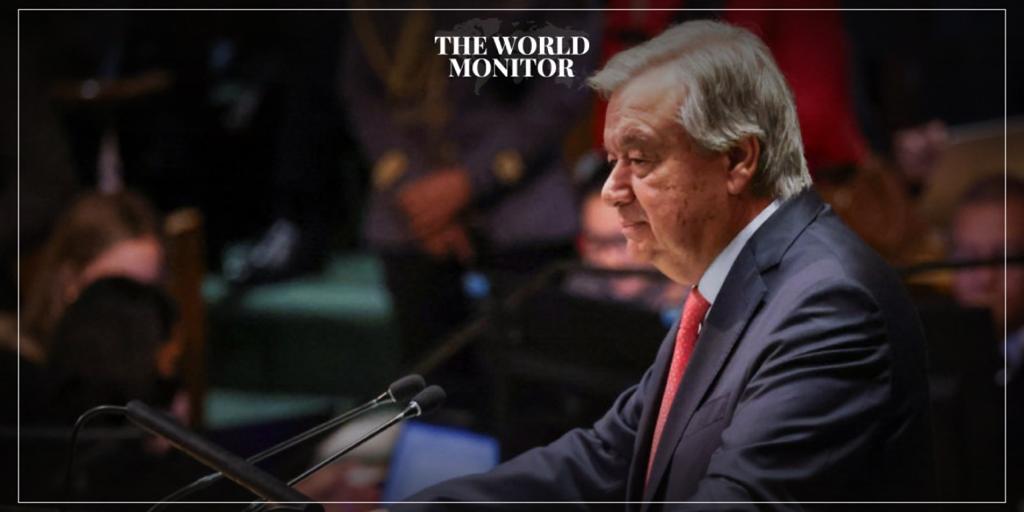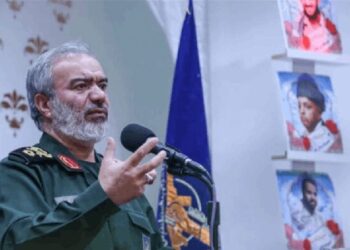United Nations Secretary-General Antonio Guterres urgently called for an “immediate halt to the fighting” in Nagorno-Karabakh on Wednesday. This followed Azerbaijan’s military action against separatist forces in the region.
His spokesperson, Stephane Dujarric, said that the Secretary-General “strongly urges an immediate ceasefire, a de-escalation of hostilities, and strict adherence to the 2020 ceasefire agreement and the principles of international humanitarian law.”
Azerbaijan’s military move in Nagorno-Karabakh threatens to spark a new war in an already unstable region. However, Baku insisted that the operation was necessary to restore constitutional order. Following the commencement of the military operation, Armenian separatists in Nagorno-Karabakh announced the evacuation of more than 7,000 people from 16 villages in the mountainous zone.
Russia also echoed calls for an “immediate cessation of bloodshed and an end to hostile actions” in Nagorno-Karabakh. Meanwhile, in Ankara, Turkish President Recep Tayyip Erdogan expressed his “support” for Azerbaijan’s decision to “defend its territory.”
On the other hand, Luis Miguel Bueno, the spokesperson for the European Union in the Middle East and North Africa, condemned the military escalation along the contact line and in other areas of Karabakh. In exclusive remarks to “Sky News Arabia”, Bueno urged an immediate end to the hostilities and called on Azerbaijan to halt its current military activities, while expressing the European Union’s sorrow for the loss of lives due to the escalation.
While Nagorno-Karabakh is internationally recognized as part of Azerbaijan, a portion of it is governed by ethnic Armenian separatist authorities who claim the area as their ancestral homeland. The conflict over the region has led to two wars since the fall of the Soviet Union in 1991, the most recent in 2020.
Nagorno-Karabakh is a region in the South Caucasus and has been a longstanding point of contention between Armenia and Azerbaijan. Historically, both nations have laid claim to the territory. The ethnic Armenian majority in Nagorno-Karabakh has sought independence or unification with Armenia, while Azerbaijan asserts its sovereign rights over the territory.
The conflict has resulted in significant loss of life, displacement, and destabilization in the region, with sporadic outbreaks of violence despite multiple attempts at establishing lasting peace. The recent events threaten to reignite large-scale conflict, making international mediation and intervention even more crucial.






